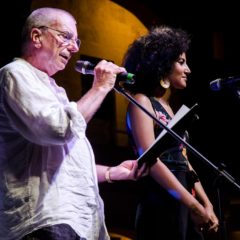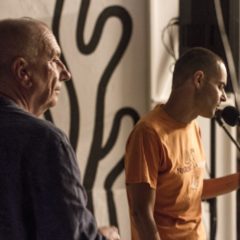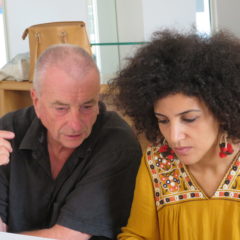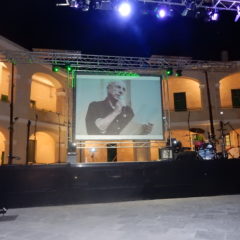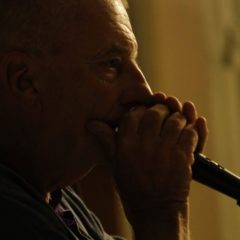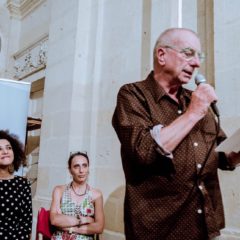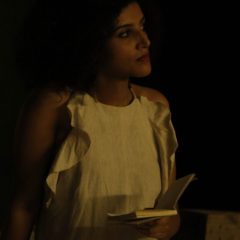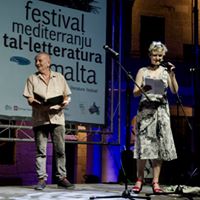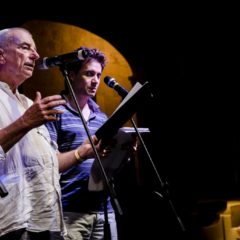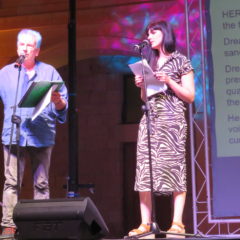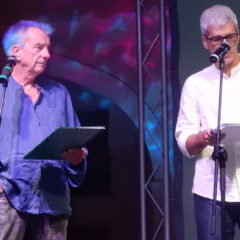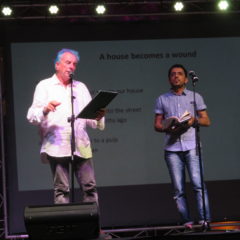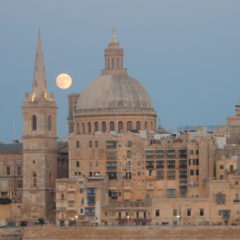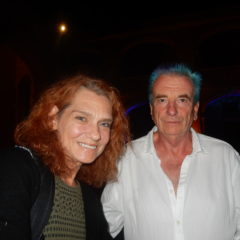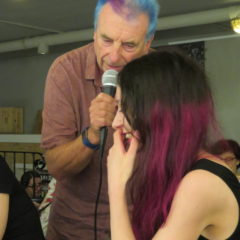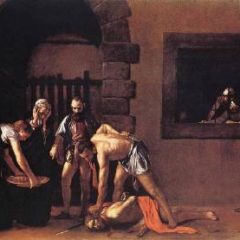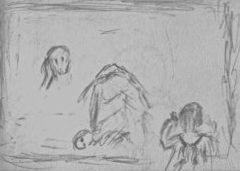For the last few years I have been invited to participate in this festival which includes poets and other writers from the Mediterranean and beyond. The 3-day festival is preceded by 4 days of workshops where the invited poets meet to talk about their work, each others’ work and poetry in general. On stage they read their texts in the language in which they were written and this is followed by a translation into English or Maltese. I work with the poets in these workshops to provide English translations, using either a rudimentary English translation or a French version, that often being a language we have in common, and then read my translations on stage alongside the poet. I also provide English translation for the Maltese poets to work from and for any other poet who wishes to translate a text into their own language.
In 2016 I worked with Abdelrahim Said from Morocco, Roja Chamankar from Iran and Rodolfo Hasler from Cuba. In 2017 I worked with Lilia Ben Romdhane from Tunisia, Jean Portante from Luxembourg,John Acquilina from Malta and Asja Bakic from Bosnia. In 2018 I worked with Ali Thareb from Iraq, Laia Lopez Manrique from Spain and Massimo Barilla from Sicily.
The festival also gives me an opportunity to read my own poems and to have them translated by other invited poets.
Click on this link to see me reading with Lilia
Je me rappelle quand j’étais petit, je rêvais que je suis grand, je prenais ma mère et mes amis sur mes épaules, et je m’en volais. Je me souviens, que je passais la journée entrain de courir dans les ruelles de la médina, il m’arrive de tomber et que mon genoux me fais mal, je pleure, j’essuie mes larmes, je me lève et je me dis non je ne vais pas tomber aujourd’hui, je vais vivre dans mon quartier, et s’il devienne une prison, je vais vivre dans mon rêve, et si ça devient étouffant, je vais voler ton rêve, prendre ton bateau, m’enfoncer dans la mer, et le désert, et le ciel, je vivrais loin. Mais moi je veux vivre ici, entre vos enfants, sous vos murs, manger votre déjeuner, suivre vos pas, peut être j’apprendrais à aimer ce pays, peut etre j’apprendrais à regarder à travers vos yeux , et peut être mon pays m’aimerais, se souviendrais de moi, et me réserverais un endroit entre vous, me trouverais une mère entre les votre, une école ou j’étudierais, et un jardin ou je jouerais, et un ciel ou la pluie tomberais et te laverais mon pays, et te faire pousse des fleurs, des plantes, et des arbres. Tu m’offrirais chaque jour une fleur, et je reviendrais le lendemain avec un nouveau rêve.
I remember a dream I had when I was young, I dreamt that that I grew big and hoisted my mother and my friends onto my shoulders and took flight. I remember spending my days running through the streets of the Medina and one day when I fell over and hurt my knees, I cried, I wiped away my tears, I said: no, I’m not going to fall over today, I’m going to live in my little corner and if it becomes a prison, I’m going to live in my dream, and if that starts to constrain me I’m going to make steal your dream, take to the waters, launch myself on the sea, the desert, the sky, far away. But I want to live here, among your children, within your walls, eat your meals, follow in your footsteps, perhaps learning to love this country, perhaps coming to see it through your eyes, and perhaps my country will love me, will remember me and invite me in, find me a mother, a school to go to, a garden to play in and a sky from which the rain will fall and wash you, my country, watering your flowers, your plants and your trees. Every day you will give me a flower and the following day I will come back with a new dream.
A Marrakech: devant la Koutoubia
Les orangers arrangés en ligne
le long de la rue Koutoubia.
Je passe de l’un au prochain
en m’arrêtant dans l’abri de chacun
pour remplir mes poumons
avec l’arôme de fleur d’orange –
comme un nageur reconnaissant.
في مراكش: امام الكتبية
أشجار البرتقال مرصفة في شكل خط
على طول طريق كتبية
أمر من واحدة إلى أخرى
أقف لأحتمي بكل واحدة فيها
لأملأ رئتيا برائحة أزهار البرتقال
كالسابح الممتن
This is a copy of my poem ‘Sécheresse’ followed by Laia’s Spanish translation.
Early april barely budded trees stretch down the scorched streets. Powdered blood and bonemeal in the fields. The dark red disordered rush of poppies runs dry. Dried blood into dried mud. Late august leaves crumpled and curled like parchment on parched pavements. They waft through the windows we keep open to trick the heat into running through and away. The dust and rust of the colours of the land sucked up into bushes and trees. Celery radish asparagus strawberry then broad bean and pea and already the pears and the plums. Market stall produce gallops past like mercury sprinters like relay runners briefly abreast and then gone. And in the supermarkets seasons gathered together corralled and tethered under thermostatic control. Everything here in these arid spaces.
When I’m in Valletta I go to see the Caravaggio painting, ‘The Beheading of John the Baptist’, on display in St John’s Co-Cathedral. On one visit I watched a young woman standing in front of the canvas, autoguide pressed to her ear like a mobile phone, mirroring the pose of the watching woman in the painting.
St John’s Cathedral, Valletta –
in front of Caravaggio’s ‘Beheading of John the Baptist’
Round the gallery on autoguided autopilot,
her device cradled between three fingers and thumb,
index finger tapping the fulcrum,
its heft and balance in her palm
more comforting somehow than its reassuring words.
She directs her gaze to where it’s told to go –
to Caravaggio.
But when the guide tries to move her on and away,
she lingers, drawn to that watching woman
whose horrified fingers splatter the side of her face
in that strangely familiar pose.
And so they stand these two watchers
hands to their ears
as if communicating across the centuries.
Oh my God is he, like, dead.
Yeah, looks like it – there’s loads of blood.

